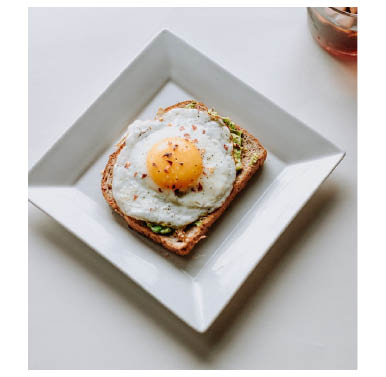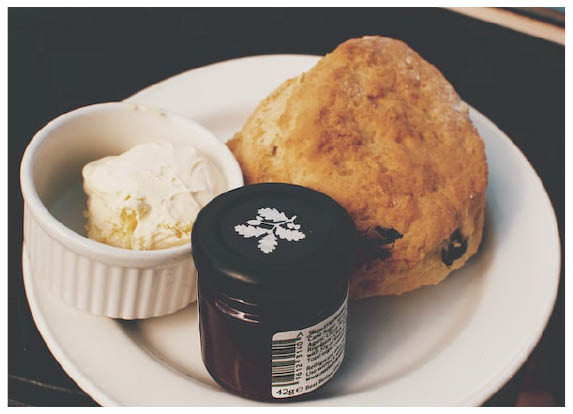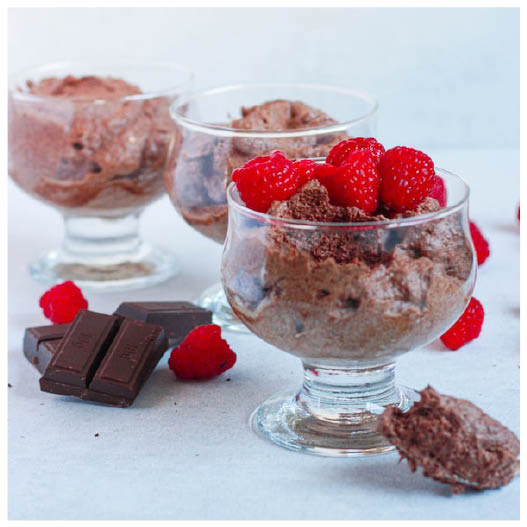Increasing calorie and protein intake: advice for people living with kidney disease
Information for patients from the Renal Dietitians
This leaflet is for people living with kidney disease who have a low appetite or need extra nourishment. This leaflet will help you to plan your diet so that you can get enough calories and protein when you struggle to eat enough.
Why is increasing calorie and protein intake important?
If you have a poor appetite and cannot eat as much as normal at mealtimes, you may:
lose body fat and muscle
feel tired
struggle to fight infections
struggle to complete daily activities (such as housework, gardening, or work).
Having enough calories and protein in your diet will help you to have more energy and feel stronger day-to-day.
Calories can be found in full-fat products, such as cream, butter, and oil.
High protein foods include meat, fish, pulses, eggs, dairy products (such as milk, cheese, and yoghurt), and meat alternatives (such as tofu and Quorn).
A renal dietitian can help you plan your meals, alongside any other dietary restrictions you may have.
Helpful hints for patients with a small appetite
Eat ‘little and often’ if you cannot manage full portions at mealtimes. Try having regular snacks between meals.
Keep a stock of your favourite foods in the cupboard so that snacks are readily available.
Try to eat more at times when you feel hungry.
Fry foods in plenty of butter or oil.
Choose full-fat products and avoid ‘fat-free’, ‘light’, or ‘diet’ foods.
Avoid drinking just before meals as this can fill you up.
This advice may seem a little different to normal ‘healthy eating’ advice, however whilst your appetite is poor, high fat and sugar foods are good sources of energy for your body. Once your appetite is better, a renal dietitian can help you return to a balanced diet.
If you struggle with nausea (feeling sick)
Try snacking on a couple of dry biscuits, crackers, or toast.
Food and drink with ginger and peppermint flavours may help. Try eating ginger nuts, or drinking ginger or peppermint teas.
Your kidney doctor may be able to prescribe you anti-sickness medicines.
Meal ideas
Breakfasts

Cereals and porridge, made with full fat milk or cream. Add sugar, jam, honey, and / or nut butter as a topping.
Toast and bread rolls spread thickly with butter. Serve with egg, unsmoked bacon, sausages, or cheese.
Toast, bagels, waffles, and pastries spread thickly with butter. Add a thick layer of jam, honey, marmalade, or chocolate spread.
Full-fat yoghurt, add syrups, jam and / or fruit.
Main meals
Aim to include a source of carbohydrate (bread, rice, pasta, noodles) and a source of protein (meat, fish, beans, eggs) at each meal.
Pasta sauces topped with grated cheese. Add cream or crème fraiche to sauces.
Mash and jacket potatoes, add extra butter, cream, and cheese.
Meat and vegetable risottos, add crème fraiche and extra butter.
Curries, add extra ghee or oil when cooking. Serve with full-fat yoghurt, chapattis, or naan breads.
Sandwiches, bagels, rolls, and crackers spread with extra butter, mayonnaise, hummus, and/or salad cream. Add cold meats, cheese, or eggs.
Salads, always include a source of protein, such as meat, fish, eggs, or tofu. Serve salad with bread, pasta, or couscous. Add full-fat dressings, olive oil, or coleslaw.
Tinned soups, add cream, grated cheese, extra meat, or lentils. Try to choose creamier soups as these are higher in calories.
Savoury snacks
Crackers or digestive biscuits with butter, full-fat cream cheese, or patè.
Picnic-style foods, such as sausage rolls, quiche, scotch eggs, samosas, and bhajis.
Mug of soup and buttered toast.
Sweet snacks / puddings
Stewed fruit with cream, custard, ice cream, or evaporated milk.
Milky puddings, including custard and rice pudding.
Mini desserts such as crème caramel, cheesecake, or mousse.
Cakes and biscuits.
Supplements
If you are still struggling with a poor appetite, a dietitian may ask your GP to prescribe you some nutritional supplements. These are nourishing drinks and snacks that are high in calories, protein, vitamins, and minerals.
Your dietitian will be able to provide you with some samples of the available supplements, so you can decide which flavour you like. Speak to your renal dietitian for more advice.
Supplements are typically best served chilled, however they can also be used in cooking and to make nourishing desserts and drinks. For example, they can be added to hot drinks, sauces, and jellies, or be frozen into ice lollies.
Buying and preparing easy meals
When you are feeling well, make extra portions of food and store them in your fridge or freezer.
Buy ready meals if you are not able to cook.
If you are unable to go shopping, most supermarkets have online shopping available and will deliver food to your home for a small charge.
There are companies who can offer a helping hand with delivering groceries, or you can place an order for ready-prepared meals. The following companies provide this service in Kent. Go to their website or call them to place an order.
Age Concern offers help with grocery shopping.
Telephone: 08006 781602 (open 8am to 7pm everyday of the year).Wiltshire Farm Foods will deliver meals to your door, but the meals need heating.
Telephone: 0800 0773100Oakhouse Foods will deliver meals to your door, but the meals need heating.
Telephone: 0333 3706700
Contact details
If you have any questions or concerns about your diet, please do not hesitate to contact the renal dietitians either by phone or email using the following details.
Renal Dietetics, Kent Kidney Care Centre
Kent and Canterbury Hospital
Telephone: 01227 868789
Email
The dietitians employed by East Kent Hospitals are state registered with the Health and Care Professions Council (HCPC).





